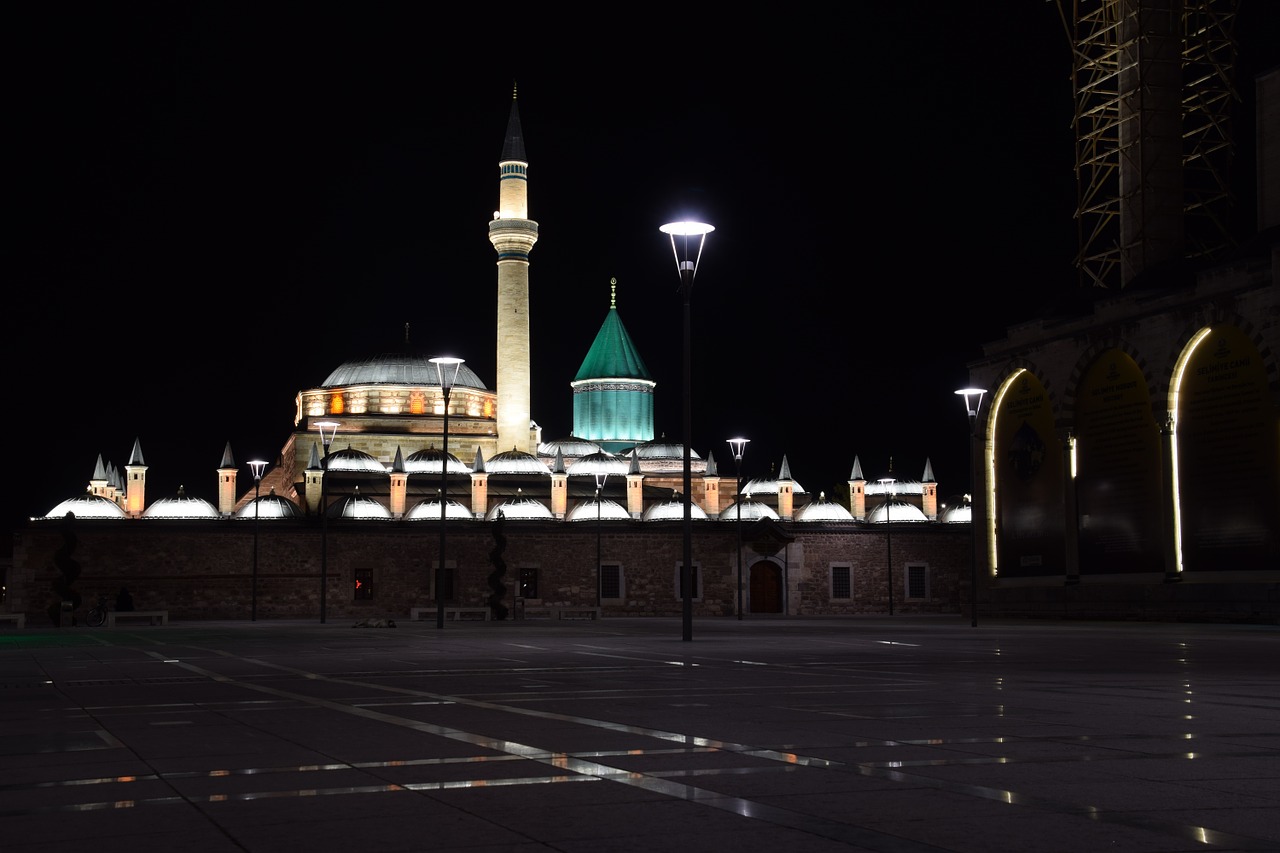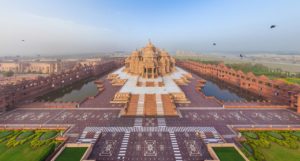It is indeed a shame to associate conflicts with religion. Does Christianity summon Christian extremists to bomb abortion clinics in the West? Does Islam summon Muslims in Palestine to kill Israelis and themselves in suicidal attacks? Does Hinduism preach kidnap and kill those who are against Hinduism? To most Indians and I am sure Pakistanis as well as also to most people of other religion will more than agree that such practices are wrong and must be condemned. Religions do not contain inherent “conflict-genes”, making unsolvable conflicts an inevitable outcome of their co-existence. Conflicts involving religion are always the result of misperceptions in our minds.
In mid-nineties Samuel P. Huntington became widely known for his fright-provoking prediction of a future worldwide clash of civilizations. This new dilemma would amount to nothing less than a “re-making of the world order”. The Cold War logic of states uniting with either of two ideologically opposed superpowers would be replaced by a pattern of unity determined by the dominating religions. A possible outcome of this separation of the world society would be a world order derived from and determined by religious differences. Looking at the current international scene one could be tempted to conclude that actual happenings are giving real life to Huntington’s scenario.
Western political elites especially are applying an approach, portraying Islam as the root cause of terror. This is dangerous. It threatens to demonize followers of a specific religion thereby running the risk of producing endless counter-demonizations adding to a security dilemma of Cold War type where every step taken by one part is perceived as a threat by the other who then has to retaliate… Essentially, the approach is also an assault on the religion Islam itself. It implies that all Muslims are extremists, which is as inaccurate as saying that the ultra rightwing moral majority in USA fairly represents Christianity. One of many shortcomings in the world of today is judging Islam by the conduct of a minority of its people. If a religion is to be judged on its role in conflict this should logically be done on the basis of its sources, not on the basis of extreme acts of a tiny minority of its self-proclaimed followers. In the case of Islam the sources are the Qur’an and Sunna (teachings of prophet Muhammad), e.g.: “Allah commands justice and doing good and giving to relatives. And He forbids indecency and doing wrong and tyranny. He warns you so that hopefully you will pay heed” (Qur’an, 16:90).
Even though religions are essentially about building peace, they are unfortunately sosmetimes misinterpreted and misused. When this happens it is a result of constructions of the mind about religion and about “the other”. In the current global conflict between religious fundamentalists and secularists, for instance, each party perceives and talks about the other as posing threats to their societal orders and ways of living. When secularists preach secular state, pluralism, and abolishment of Sharia-laws, fundamentalists perceive it as attacks on Islam. Secularists on the other hand perceive religious fundamentalism as an existential threat to their societies and ways of life. They almost regard the secular society as something holy. What were once open societies have become xenophobic entities.
Many religious leaders have expressed the need for harmony and unity in the fight against terror. Ironically, the biggest obstacle seems to be the political leaders who are fully occupied with demonizing “axis’s of evil” and “opponents of freedom”. There is need for clarification of religion and its relationship to conflict. Firstly, it must be appreciated that it is not religion as such but specific fundamentalist constructions of religion that produces conflict like India Pakistan. Secondly, religious fundamentalism itself tends to transform religion into ideology. This is an assault on religion that can only be done well through re-mystification.
Religious conflicts are a product of misperception in our minds. Let us not create another cold war conflict based on them. No religion legitimizes conflict! His Excellency, Mohamed Khatami, Presedent of Iran, once complained in an inter-religious forum: “Dialogue amongst civilizations, particularly dialogue between Islam and Christianity is vital, essential and inevitable. Today, people speak of the global village. However, the problem is that residents of this global village are unable to understand each other. Isn’t it catastrophic that people of this village are deaf and dumb and worse than that, they have hostile thoughts toward each other”.





